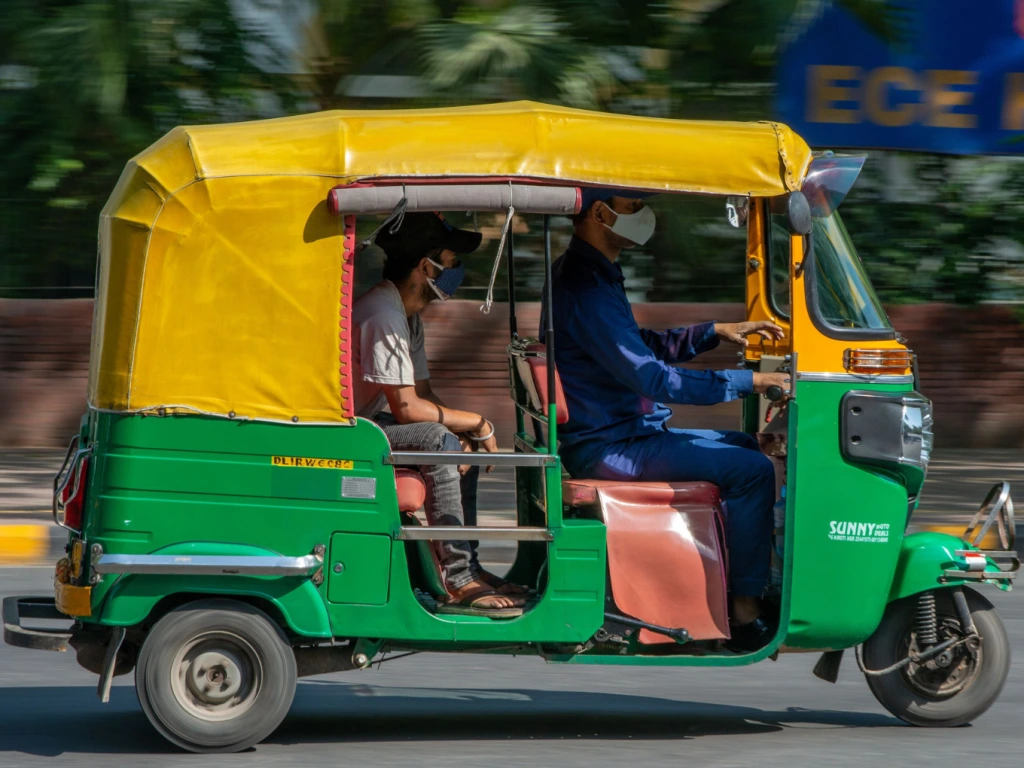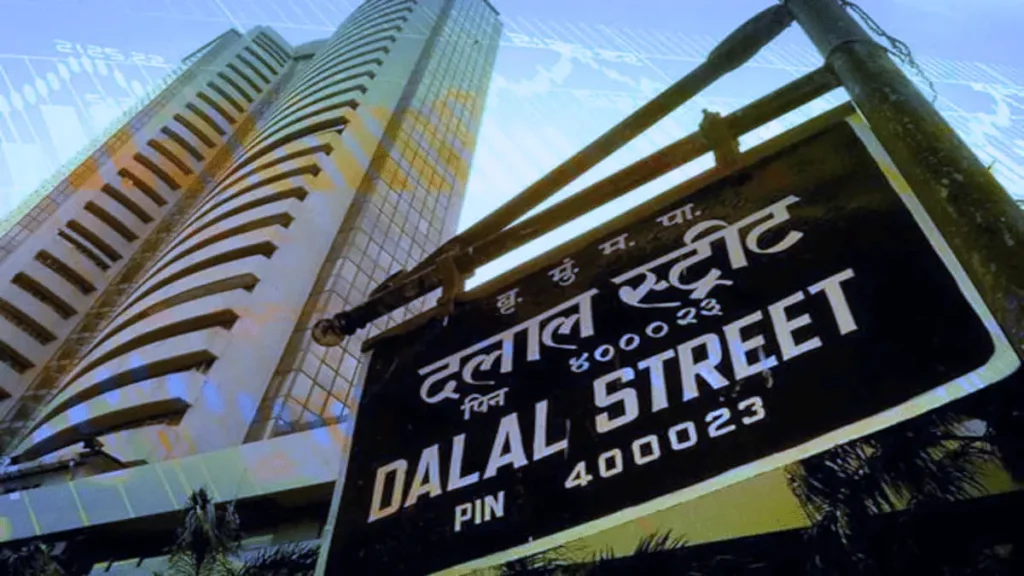The 10% commission structure in the state renders the vertical operationally unviable, therefore ride-hailing behemoth Uber may limit its auto taxi services to specific areas of Bangalore.
“Currently, our commission in Bengaluru is capped at 10 per cent of the fare collected. This is not financially sustainable. If our costs cannot be covered through commissions, we will have to find ways to offload costs that could impact the experience of drivers and riders. In the face of these commission caps, we may have to make the difficult decision to limit Uber Auto to select parts of Bengaluru where the service is viable,” the company said in a blog post on Tuesday.
This action follows the Karnataka High Court’s imposition of a 10% cap on commissions, exclusive of GST, on October 14 as a temporary measure to facilitate negotiations between the state’s transportation department and app-based ride-hailing companies doing business there.
Uber claimed that the commission it charges is used to pay for value-added services like GPS tracking, a safety helpline, round-the-clock phone support, in-person support, rider and driver on-trip insurance, and law enforcement response assistance, in addition to investing in the platform’s development and operation, which includes tech and engineering costs and marketing expenditures to onboard riders and drivers.
“Facilitating a market is not free. Commissions are used to cover our costs and make the business model viable. To be absolutely clear: Our commission ≠ our profit. A flexible commission structure, and one that ensures a fair margin for aggregators, will ensure the sustainability of e-hail autos and also encourage investment in the space, leading to the introduction of new features and services,” the blog post read.
Over 50,000 car drivers utilise the business’s platforms, and over 10 lakh residents of the city use Uber Auto each month, the company claims. It claimed that the existing fixed metered charge is insufficient to reimburse drivers for the extra travel time and distance incurred when picking up a passenger from their doorway.


